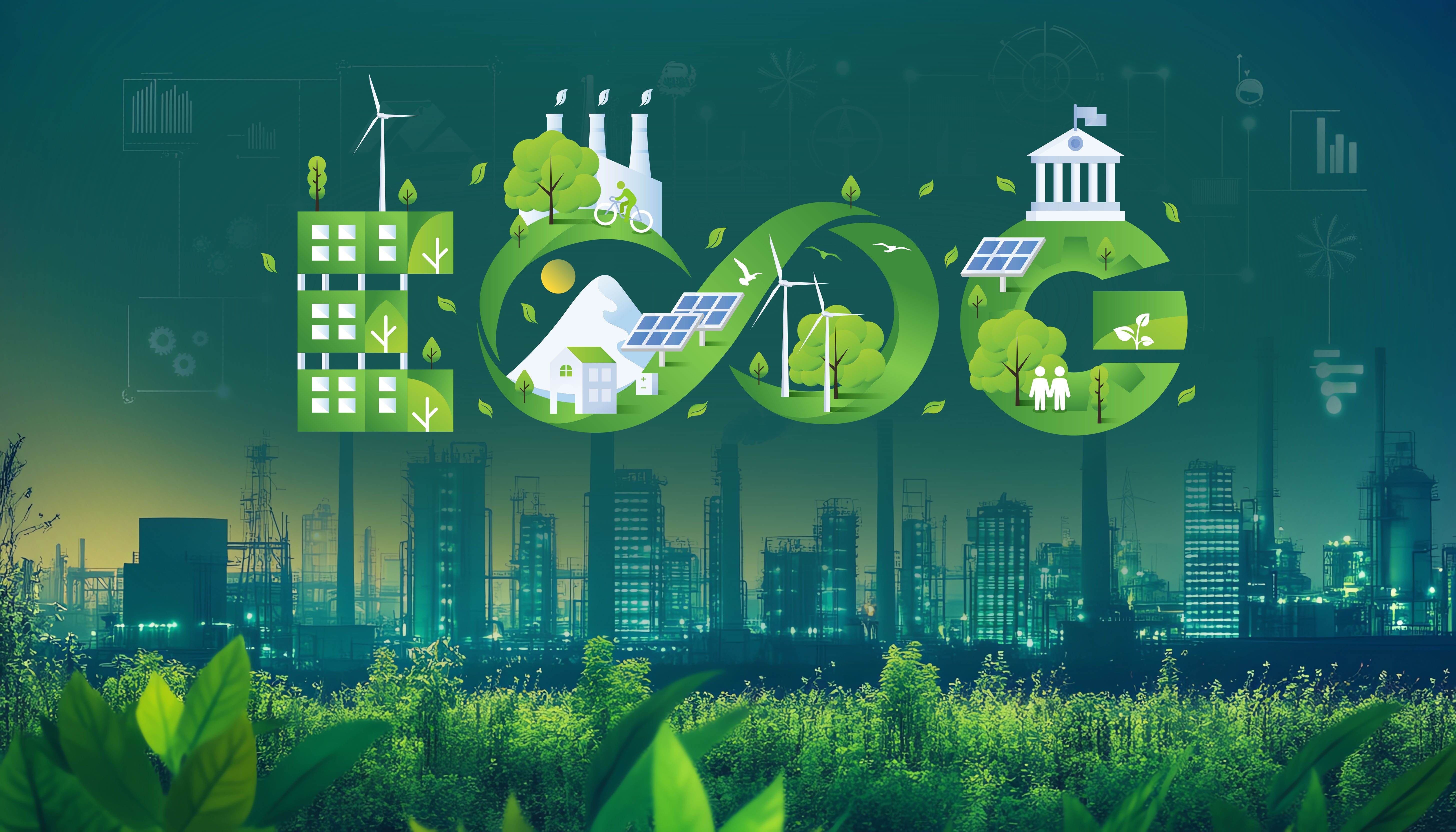
How Plant Engineering Supports ESG Goals for Industrial Operations
Environmental, Social, and Governance (ESG) goals are becoming central to industrial operations worldwide. As companies strive to reduce their carbon footprint, improve worker safety, and maintain ethical governance practices, plant engineering emerges as a crucial enabler of sustainable industrial transformation.
By leveraging advanced technologies and sustainable practices, plant engineering helps industries align with ESG objectives while enhancing operational efficiency. This blog explores how plant engineering supports ESG goals in industrial operations.
- Environmental Sustainability in Plant Engineering
Environmental sustainability is a core component of ESG, and plant engineering plays a critical role in minimizing environmental impact through:
- Energy Efficiency Initiatives: Modern plant designs incorporate energy-efficient machinery, renewable energy integration, and smart grids to optimize energy consumption.
- Carbon Emission Reduction: Adoption of low-carbon technologies such as carbon capture, utilization, and storage (CCUS) helps industries meet carbon neutrality targets.
- Water and Waste Management: Advanced water recycling and zero-liquid discharge systems ensure responsible water usage, while waste-to-energy solutions minimize landfill impact.
- Eco-friendly Materials and Processes: Sustainable material sourcing, bio-based lubricants, and green chemistry contribute to lower environmental footprints.
- Social Impact and Workforce Well-being
Plant engineering supports social responsibility goals by improving workplace safety, employee well-being, and community engagement. Key areas of focus include:
- Worker Safety and Health: Implementation of automation, robotics, and predictive maintenance reduces human exposure to hazardous environments.
- Training and Workforce Development: Augmented reality (AR) and virtual reality (VR) training programs enhance workforce skills and safety awareness.
- Diversity and Inclusion Initiatives: Smart plant design considers accessibility, ergonomic enhancements, and gender-inclusive facilities.
- Community Engagement and Social Responsibility: Industrial projects increasingly integrate community feedback to align with local socio-economic needs.
- Governance and Compliance in Plant Engineering
Governance is a critical aspect of ESG, and plant engineering ensures compliance with regulatory requirements and ethical business practices. This includes:
- Regulatory Compliance and Risk Management: Advanced monitoring systems ensure adherence to environmental and safety regulations.
- Digitalization and Transparency: Blockchain and digital twin technologies enhance traceability and accountability in supply chains.
- Ethical Sourcing and Procurement: Sustainable sourcing policies ensure responsible procurement of raw materials and equipment.
- Cybersecurity and Data Protection: Implementation of robust cybersecurity measures safeguards industrial assets and sensitive data.
- Technology-Driven ESG Solutions in Plant Engineering
Innovative technologies are transforming plant engineering, making industrial operations more ESG-compliant. These include:
- Industrial Internet of Things (IIoT): Real-time monitoring optimizes energy consumption, reduces emissions, and ensures predictive maintenance.
- Artificial Intelligence (AI) and Machine Learning (ML): AI-driven analytics help in optimizing resource usage and improving operational efficiency.
- Automation and Robotics: These technologies reduce reliance on manual labor, enhance safety, and improve process efficiency.
- Circular Economy Integration: Sustainable design strategies focus on reusing, refurbishing, and recycling industrial equipment and materials.
- Case Studies of ESG-Driven Plant Engineering Initiatives
Case Study 1: Net-Zero Manufacturing Facility
A leading manufacturing company implemented energy-efficient systems, solar power integration, and waste-to-energy solutions, reducing its carbon emissions by 50% within five years.
Case Study 2: Smart Water Management in Chemical Plants
A chemical plant introduced an AI-driven water management system, reducing water consumption by 40% and achieving near-zero liquid discharge.
Case Study 3: Digital Twin for Sustainable Operations
A refinery adopted digital twin technology for real-time monitoring, cutting energy waste by 30% and ensuring compliance with strict environmental regulations.
- The Future of ESG in Plant Engineering
The future of plant engineering lies in integrating sustainability, resilience, and innovation. Trends such as hydrogen-based energy systems, green hydrogen production, and advanced waste-to-energy solutions will further enhance ESG compliance. Companies investing in sustainable plant engineering today will gain a competitive edge in tomorrow’s responsible industrial landscape.
Plant engineering is at the forefront of enabling ESG goals in industrial operations. By leveraging advanced technologies, sustainable materials, and responsible business practices, industries can achieve energy efficiency, workplace safety, and ethical governance. As ESG commitments continue to shape industrial policies, plant engineering will play a pivotal role in building a sustainable and responsible future for global manufacturing and production facilities.


